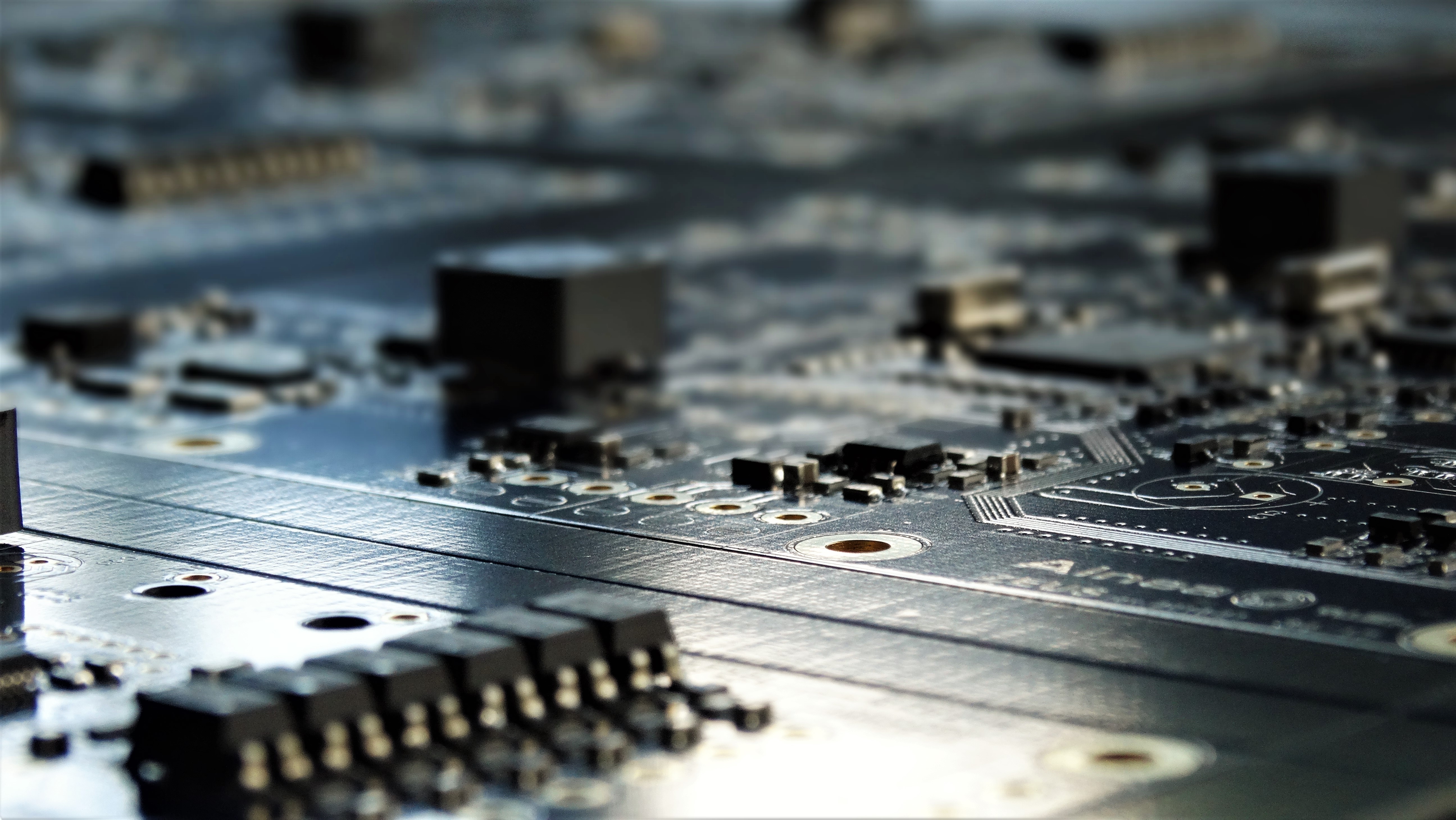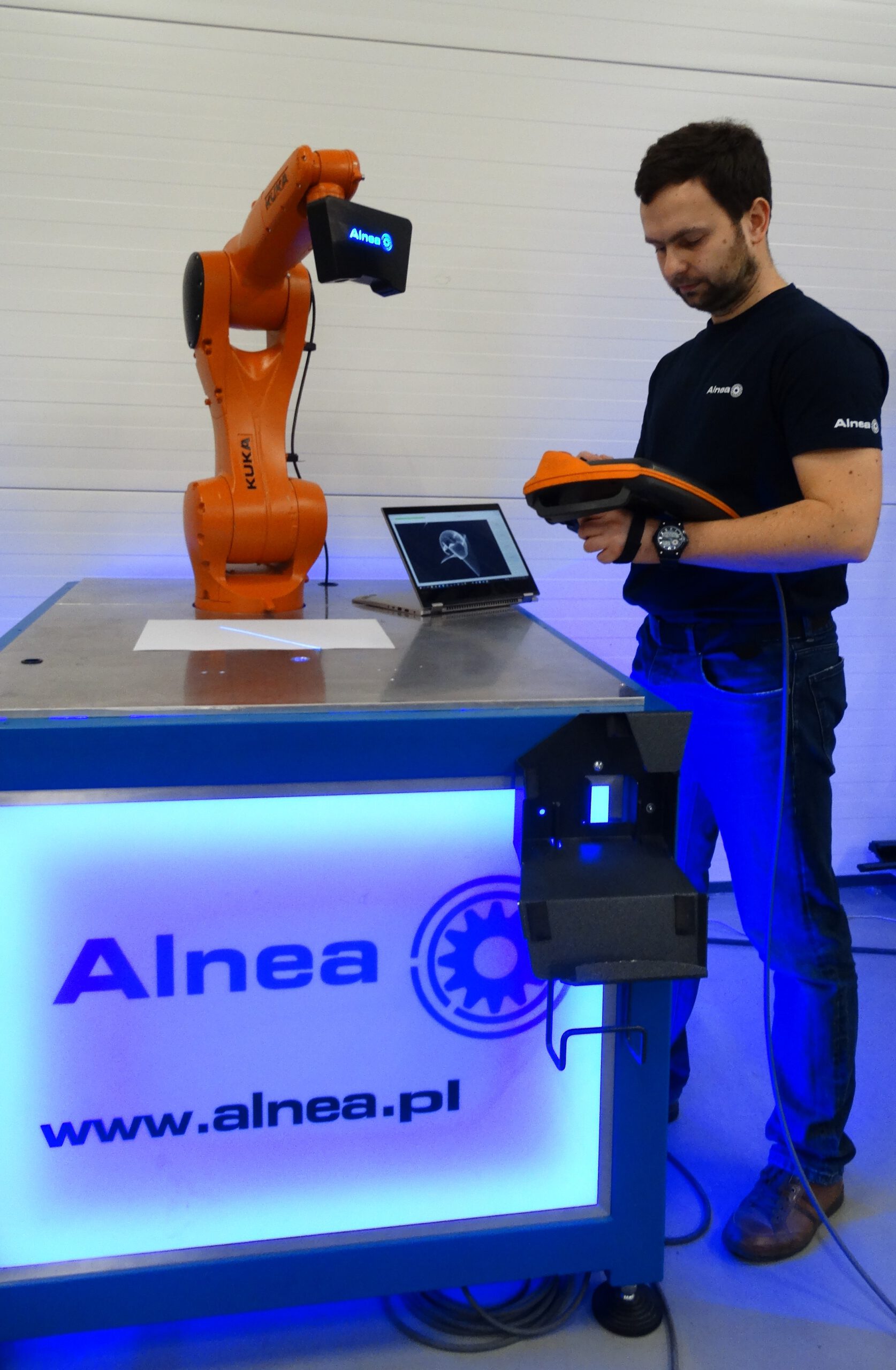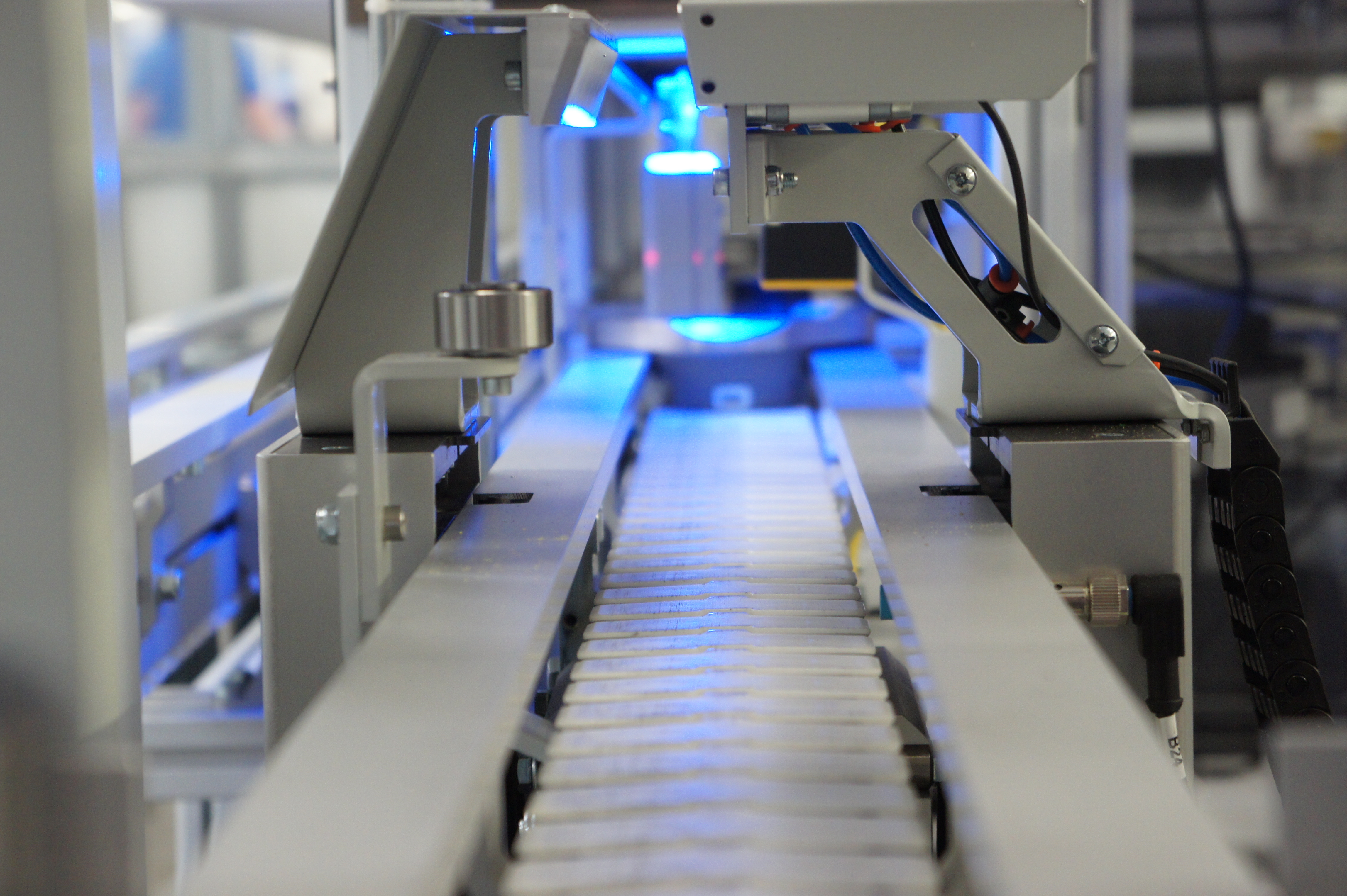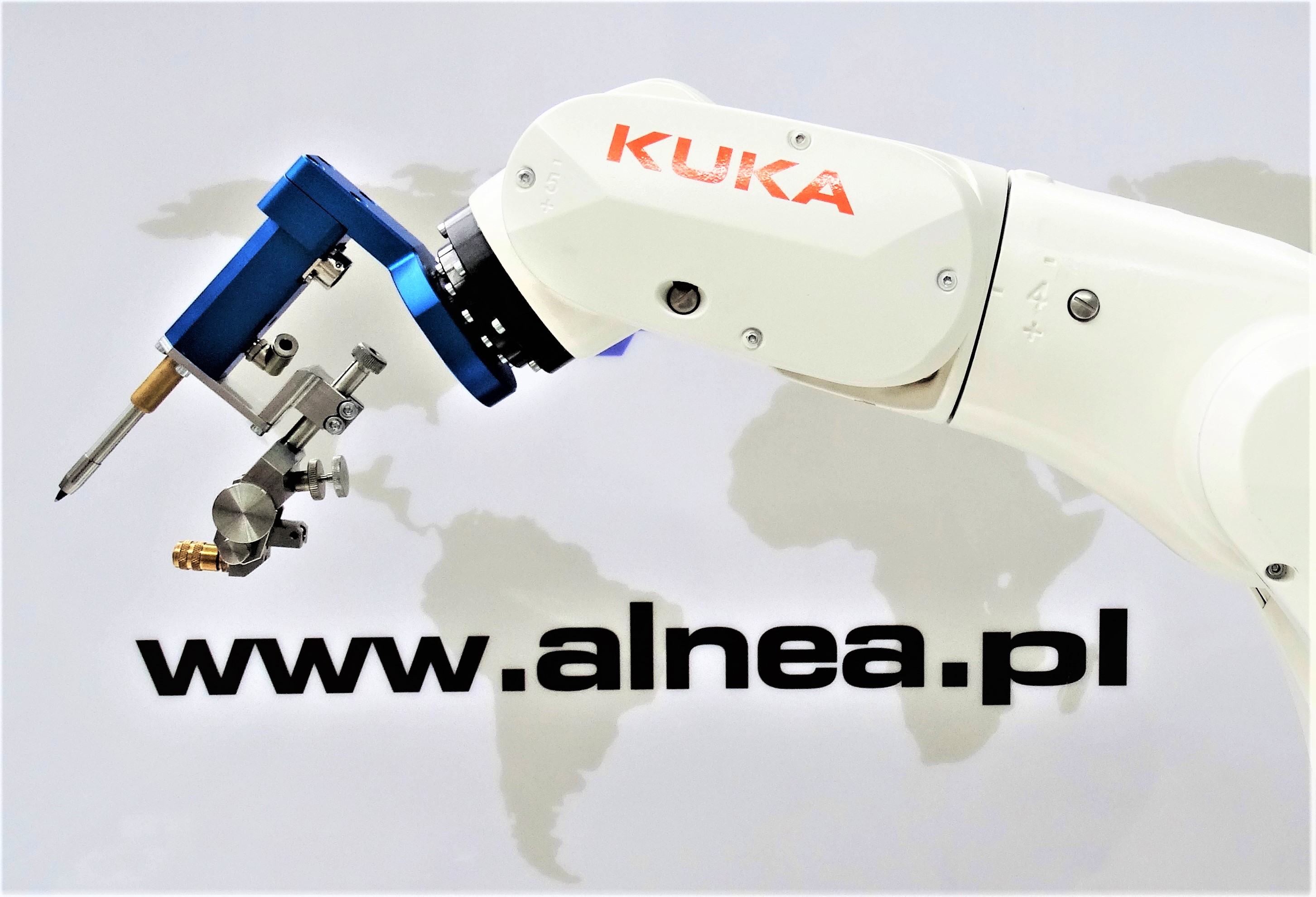The idea of Industry 4.0 is first of all a digitalization of business and production processes. Collecting data and creating layers of information processing is now not only a vision, but a real need for Polish enterprises. Because Industry 4.0 is not just sensors, IOlink, RFID or controllers, but above all system integration. Fortunately, at Alnea we have gathered the necessary competences to support companies.

Cooperation is important
Consulting, auditing and implementing new technologies across a wide spectrum for different industrial companies is a big challenge. As a member of the Metal Processing Cluster, we often share knowledge and experience with our partners. We have established cooperation with the Foundation Industry of Future – this valuable initiative is precisely due to the assumption that cooperation is important. Also, our Conference of Automation and Robotics of Industry is an action for the development of Polish North-East Region.
Training for managers
The fear that machines will replace humans has existed ever since mass production measures were introduced. However, a person will always be needed, it is important that he is in the right position. The competences of managers and engineers need to be further developed. That’s why we have a special training program for executives. The training program includes the presentation of industrial robots, cobots, mobile robots, management systems, new business models and specific implementations and innovation applications.

Our products
Creating our products such as Zeus Soledring Set (robotic soldering) and Horus Vision System (robot positioning in space) we adapted them to the broader BIG DATA or IIoT (Industrial Internet of Things). We can collect and process production data so that flexible small-series production is cost-effective, faster and user-friendly.
Why Industry 4.0?
Finally, the question we could start with. Why Industry 4.0? Industry 4.0 is an idea, not a finished product. Digitalisation, collaboration and are essential. But we also need to produce these new technologies ourselves, otherwise we will only become consumers of products and services from abroad.

How to implement Industry 4.0?
Wondering where to start implementing new technologies or looking for new business models – please contact us!
We will come to you and offer you a good solution. We can also meet online to learn about your needs. We are flexible and we will tailor the best way to cooperate with your company.


 However portion of the problems in the field of automation and production systems integration are very individual cases for each factory or concern narrow spectrum of application of automation. Through teamwork we have, more than once found unique solutions.
However portion of the problems in the field of automation and production systems integration are very individual cases for each factory or concern narrow spectrum of application of automation. Through teamwork we have, more than once found unique solutions.

Recent Comments